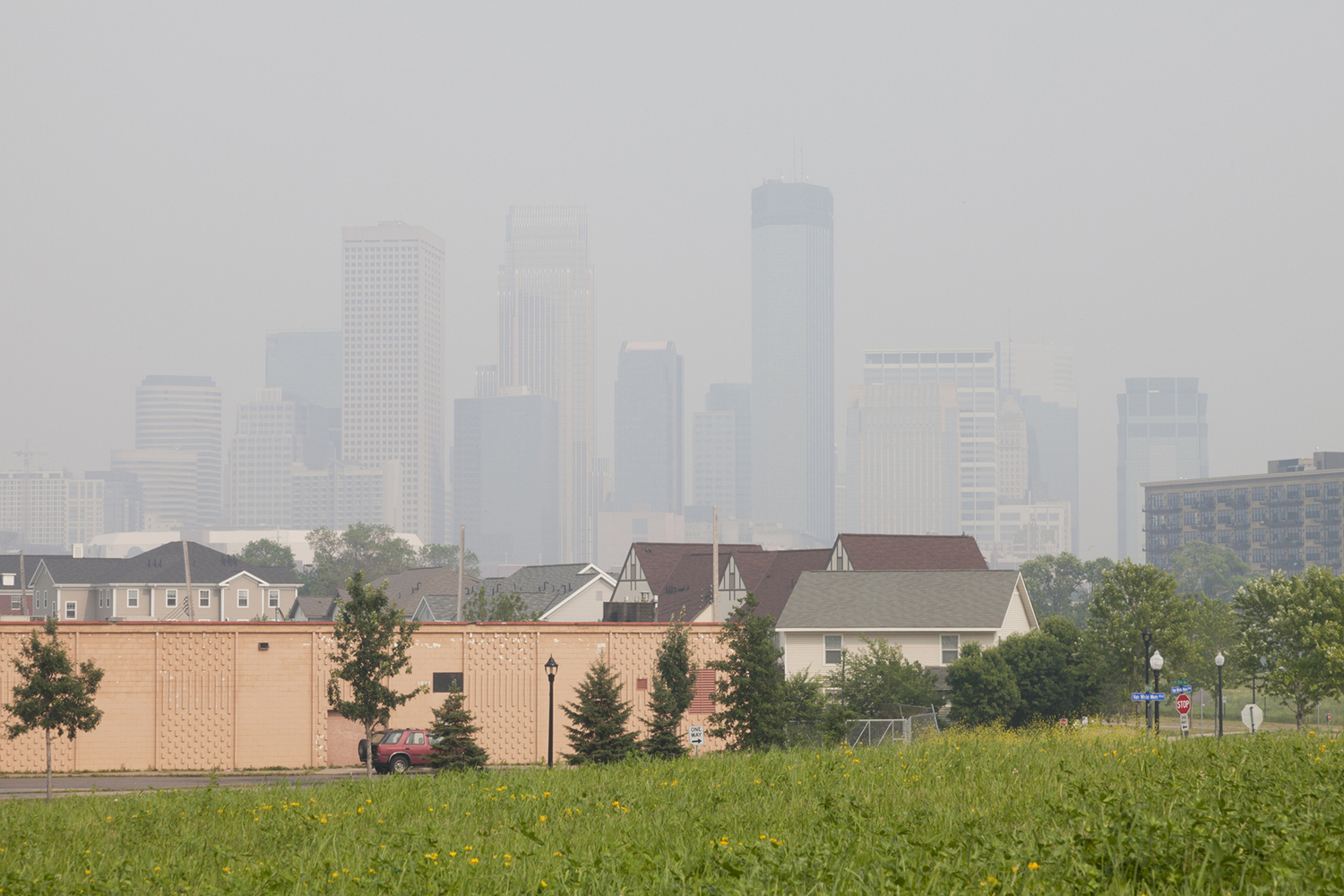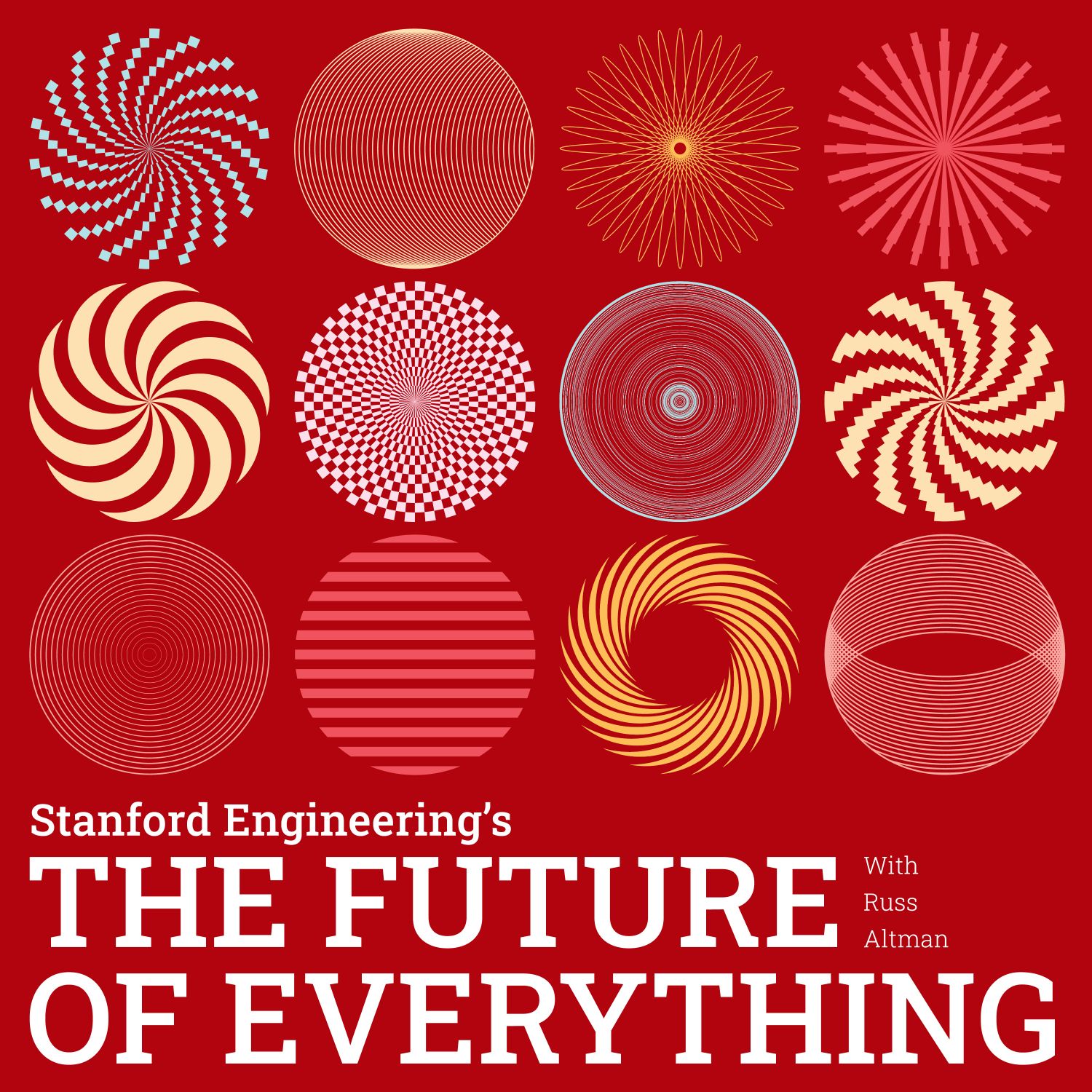
How elephants say ‘let’s go!’
Research
The deep infrasonic rumbles male elephants use to signal group departures tell us something about their complex vocal coordination and strong social bonds.

Law students take a deep dive into policy development
Feature
The Stanford Law and Policy Lab has tackled some of the most vexing policy questions of the last decade – often with very real results.

Study finds stark racial disparities in deaths from air pollution
Research
New research on exposure to air pollution and susceptibility to its harms found that Black Americans are significantly more likely to die from related causes.

Scans predict recovery from spinal cord injury
Research
Predicting recovery from spinal cord injury has been something of a guessing game, but new research finds answers hiding in plain sight.
Case study

Forest restoration pays big dividends for climate mitigation
Case Study
Stanford scientists worked with the World Bank across 11 countries to target investments with the greatest benefits for people, nature, and climate.

Featured audio
The future of polymers
A materials scientist who studies extremely long molecules known as polymers says they often get a bad rap, but new-age organic polymers could be a game-changer.

